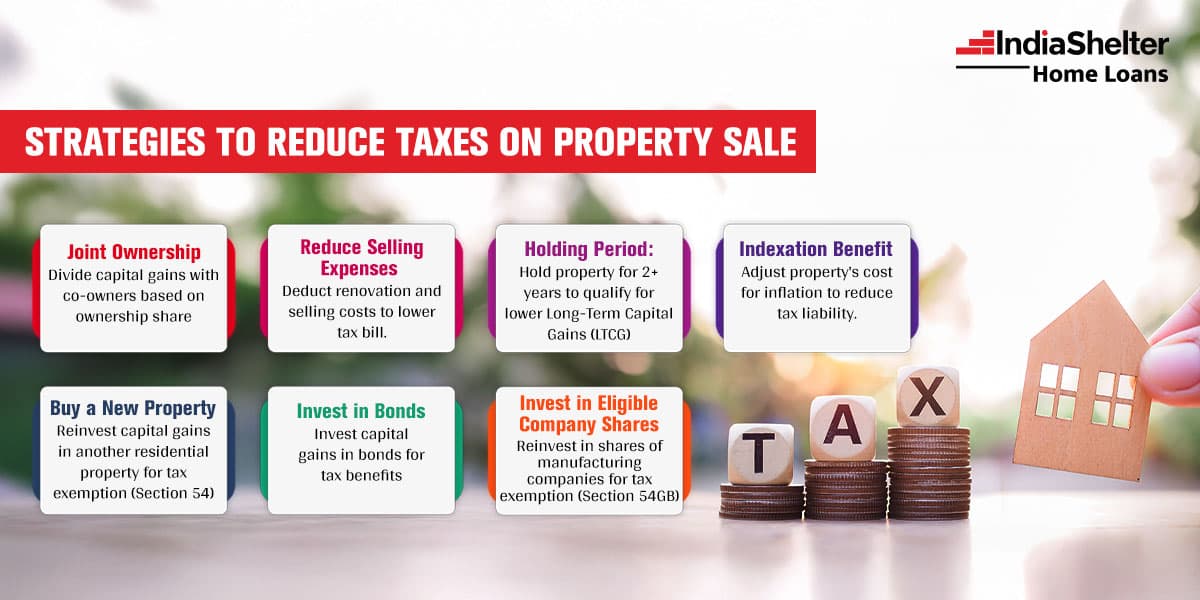CIBIL Score for Home Loan: The Magic Number Revealed!

Published on :2024-11-28
For millions of people in India, buying a new home is one of the biggest goals of their lives. Most of them step forward towards making their dream of being a homeowner come true by applying for a home loan. Although there are many lenders in India, your chances of getting the loan approved depend on several factors.
First and foremost, you must meet the lender-specific eligibility requirements. Secondly, you must have a high credit score or CIBIL (Credit Information Bureau India Limited) score. When you apply for a home loan with any lender, be it a bank or an NBFC (non-banking financial company), they conduct a thorough background check of your past credit behaviour and credit CIBIL score to determine your eligibility for the loan.
Suppose your CIBIL score is low or does not meet the lender's minimum score requirement. In that case, they may either reject your loan application or charge a higher interest on the loan. So, when you are applying for a home loan with no prior experience, you must understand the CIBIL score and the minimum CIBIL score required.
What is a CIBIL Score?
In India, many credit bureaus keep track of all your credit transactions and prepare a credit report. Among these bureaus, one of the most popular is CIBIL. The credit report this bureau provides is widely accepted, and the credit score assigned is called the CIBIL score.
A CIBIL or credit score is essentially a three-digit number ranging from 300 to 900. And your score is a reflection of your creditworthiness. The higher your CIBIL and closer to 900, the higher your creditworthiness. Most of the financial organisations in India consider a credit score of 700 or below as poor credit behaviour. In the lender's eyes, such loan applicants are high-risk borrowers.
Credit bureaus like CIBIL consider a lot of factors, including your financial standing, past loan repayment history, credit utilisation ratio, number of debts you have availed, etc., to determine your CIBIL score. If your CIBIL is high, you would have better chances of getting your home loan application sanctioned faster, at affordable interest rates and more favourable repayment terms and conditions.
Minimum CIBIL score to qualify for a home loan
If you wish to apply for a home loan anytime soon, you may be thinking about that magic CIBIL score number. However, the truth is there is no universal rule for the best CIBIL score for home loans as the minimum credit score requirement may vary from one financial organisation to another. However, most lenders consider a CIBIL score of 750 or more as a good score for approving a home loan.
Suppose your CIBIL score is higher than the minimum score required by the lender. In that case, you can negotiate with the lender before you sign the sanction letter and try to get a concession on the interest rate based on your credit history and strong financial standing. Even if the lender reduces the interest rate by 0.5%, you can save significantly on the interest payment through the loan tenure.
However, most lenders would reject your loan application if your CIBIL score does not meet the lender's minimum score requirement or is less than 600. However, some lenders in India extend the loan to those with a low credit score. But they may levy a higher interest rate on your loan, and you may not get the credit with favourable terms to suit your needs.
Valuable tips to improve your CIBIL score
Now that you know about the magic number, i.e., the minimum CIBIL score required for getting a home loan, you must also know what to do if your credit score is low. If any financial organisation rejects your home loan application because you did not meet their minimum CIBIL score requirement, don’t worry!
You can still get the desired loan amount and make your dreams of being a homeowner come true. However, this would require you to be more responsible with your finances. And, also the following tips can help you to improve your CIBIL score.
- Pay the dues on times
Pay off all your bills, including credit card bills, on time. As you make these monthly payments on time, your credit score will gradually improve.
- Reduce your debts
If you have any large debt, like a personal loan, business loan or loan against property, make sure that you repay the amount fully and avoid taking any new loan. As you reduce your debts, your credit score increases over time.
- Keep a tab on your credit usage
Whether you use your credit cards or take out a loan, be wary of the credit limit available to you and ensure that your credit utilisation ratio is less than 40%. This will not only help you manage your repayments easily but also improve your CIBIL score.
Conclusion
Applying for a home loan is a big financial decision and an important step towards purchasing your dream home. Maintaining a high CIBIL score can only help you get the loan approved without any hassles and with more favourable terms, allowing you to save a lot of money over time.
Related Blogs

2025-06-30
What is Health Insurance and Why is it Important in 2025?
Secure your home and health with smart planning. Learn why health insurance is essential for protecting your future and financial well-being.

2025-05-29
TDS on Property Purchase: The Shocking Truth You Can’t Ignore
Buying a property? Learn about hidden TDS rules that can cost you big! Uncover the shocking truth about TDS on property purchases and avoid costly mistakes. Read now!

2025-05-27
Selling Your House? Here’s How to Avoid Paying a Huge Tax Bill
Learn how to reduce capital gains tax on property sales. Discover smart strategies to minimize tax liability and save thousands.
Disclaimer: *By contacting IndiaShelter on Toll Free/WhatsApp/Website or any other mode, you authorize our representatives to reach out to you through personal communication via SMS, WhatsApp and phone calls regarding our services. This consent will supersede any registration for any Do Not Call (DNC) / National Do Not Call (NDNC).
© India Shelter Finance Corporation 2024 | All rights reserved
Design with byCyberworx





